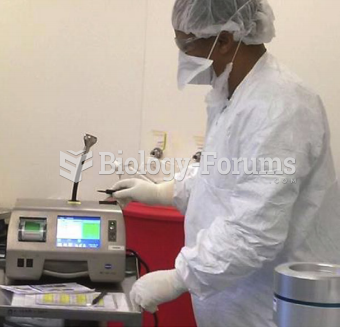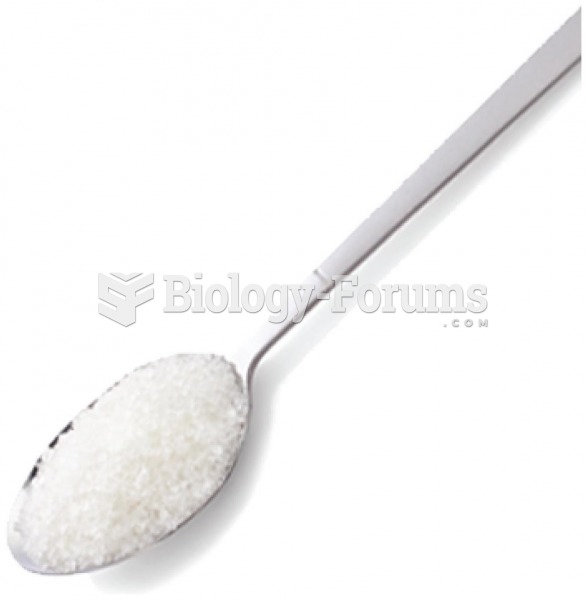A 15-year-old boy with type 1 diabetes is exasperated by his regimen of blood sugar monitoring and insulin administration and has told his mother that he wants to scale both back. Which of the following responses by his mother is most accurate?
A)
I know it's not fun, but you're even more susceptible to complications when you're young if you don't stay on top of your diabetes.
B)
Even though you might save some time and energy by doing this, remember that high blood sugars cause a lot of pain and will cause you to gain weight.
C)
Even though it's hard to do, you need to continue, so you don't go blind or need a kidney transplant down the road.
D)
You need to be vigilant now if you want to be free of diabetes when you grow up.
Question 2
The mother of a 19-week-old infant has brought her baby in for assessment to a pediatrician because of the baby's persistent weight loss and diarrhea.
An intestinal biopsy has confirmed a diagnosis of celiac disease, and the child's mother is anxious to know what caused the disease. Which of the following aspects of the etiology of celiac disease would underlie the explanation that the physician provides?
A)
Bacterial or chemical invasion of the peritoneum leads to decreased nutrient absorption and transport.
B)
An inappropriate T-cell-mediated response results in increased levels of antibodies and an inflammatory response.
C)
Neurogenic or muscular inhibition of peristalsis results in inappropriate motility of ingested food in the lower small intestine and the colon.
D)
Inability to process or absorb the fat content of breast milk results in malnutrition and deficiency of fat-soluble vitamins.







